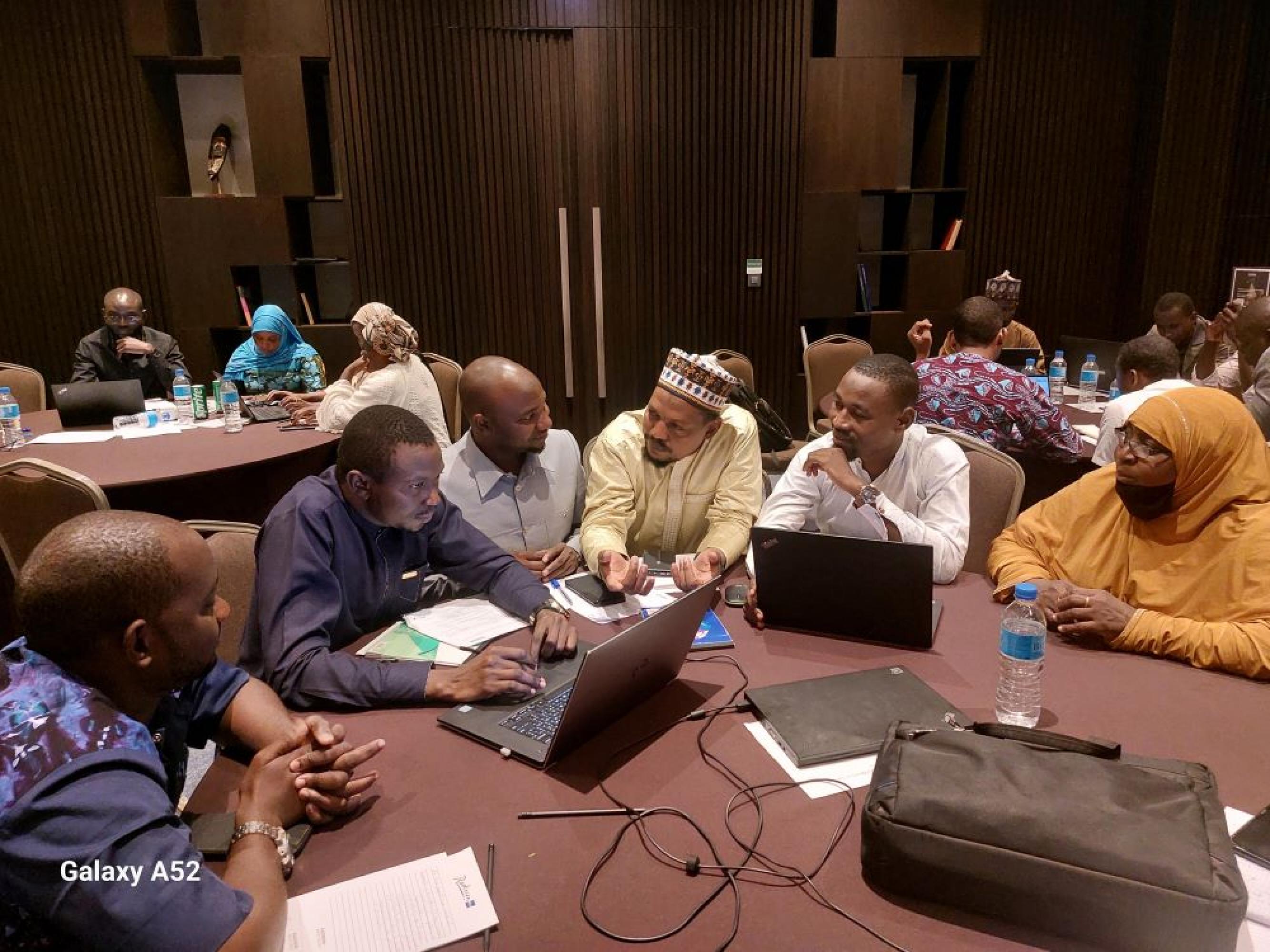In Niger, Phase 4-LNOB project focuses on strengthening the capacity of humanitarian actors to identify and support groups of persons with disabilities in humanitarian settings.
The project prioritizes empowering organizations of persons with disabilities (OPDs) to fully engage in the humanitarian system while promoting inclusive coordination mechanisms. To achieve this, the project carries out sectoral trainings with existing learning modules and guidance tools in key areas such as WASH (iWASH), Protection, and Flood Response, with particular attention to regions facing high humanitarian needs, including Tillabéri, Tahoua, Dosso, Diffa, Maradi, and Agadez.
It also aims to improve the engagement and accountability of targeted clusters—WASH, Protection, and the sub-cluster Flood Response—ensuring that no one is left behind by addressing gaps identified in their sectoral tools.
Furthermore, the capacities of OPDs are reinforced through the establishment of FNPH focal points to facilitate meaningful representation in humanitarian coordination at all levels, from national to communal. OPDs are supported in collecting disaggregated data on persons with disabilities and identifying their specific humanitarian needs. Additionally, the network of OPDs is expanded by setting up decentralized sections in departments and communes that currently lack representation. These combined efforts are designed to promote the full inclusion and participation of persons with disabilities in humanitarian responses throughout Niger.



